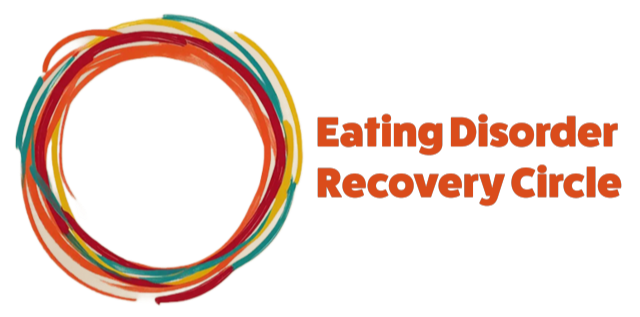How to Ask for Support Without Feeling Like a Burden
Mar 08, 2025Asking for support in recovery can feel uncomfortable, vulnerable, or even impossible. You might worry that you're being a burden, taking up too much space, or that others will get frustrated with you. You might even feel like you don’t deserve support—that others have it worse, or that you should be able to handle things on your own.
But the truth is: You deserve support, just as much as anyone else. You are not "too much," and you don’t have to go through recovery alone.
If this brings up guilt, self-doubt, or fear of judgment, check the Feelings Navigator for tools on processing these emotions.
Step 1: Challenge the Belief That You’re a Burden
Feeling like a burden often comes from past experiences or deep-seated self-doubt—but it’s not based on reality.
💡 Reframe the fear:
❌ “They’ll get tired of me.” → “People who care about me want to help.”
❌ “I should be able to handle this alone.” → “Recovery is hard, and support makes it easier.”
❌ “I’m asking for too much.” → “I would want my loved ones to reach out if they needed help—so why not me?”
✔ Support is not something you have to earn.
✔ Asking for help does not make you weak—it makes you brave.
📌 If guilt is making you hesitate, check in with The Circle for support from those who truly understand.
Step 2: Identify Who Feels Safe to Ask
Not everyone will know how to support you, and that’s okay. Choose people who are most likely to listen without judgment.
🔹 A close friend
🔹 A family member
🔹 A therapist or coach
🔹 Someone in The Circle who understands recovery
💡 If you’re unsure who to ask, consider:
✔ Who usually listens without making me feel worse?
✔ Who has been supportive in other difficult times?
✔ Who do I feel safest with?
📌 If your personal circle isn’t supportive, The Circle is a place where people truly understand.
Step 3: Be Clear About What You Need
People often want to help but don’t know how. Make it easier for them by being specific about what you need.
🔹 If you need emotional support:
✔ “Can I talk to you for a bit? I just need someone to listen.”
✔ “I don’t need advice, I just need to vent.”
🔹 If you need practical support:
✔ “Can you sit with me while I eat? It would help me feel less alone.”
✔ “Can we talk about something light? I need a distraction.”
🔹 If you need support in social situations:
✔ “If people start talking about diets, could you help change the subject?”
✔ “If I start doubting my food choices, can you remind me I’m doing the right thing?”
💡 Being clear helps the person feel confident in supporting you, rather than worrying they’ll say the wrong thing.
📌 If asking directly feels too hard, consider writing it down or texting instead.
Step 4: Give Yourself Permission to Take Up Space
Your needs are just as important as anyone else’s. You are not ‘too much.’
✔ Would you think a friend was a burden if they asked for help? No.
✔ Would you want a loved one to reach out if they were struggling? Yes.
💡 You deserve that same kindness. Asking for support is not selfish—it’s self-care.
📌 If fear of rejection is stopping you, check in with The Circle for reassurance and encouragement.
Step 5: Keep Reaching Out
Not everyone will know how to respond perfectly, and that’s okay. If someone doesn’t react the way you hoped, it doesn’t mean you should stop asking for help.
✔ If someone dismisses you, try someone else.
✔ If support feels uncomfortable at first, remind yourself that it’s a skill you’re learning.
✔ If you don’t get what you need the first time, try again.
💡 The more you practice asking for help, the easier it becomes.
📌 Use The Circle to connect with people who understand and won’t make you feel like a burden.
When to Seek Extra Support
If the fear of asking for help is stopping you from getting the support you need, you don’t have to navigate this alone.
🔹 Use The Circle for encouragement and connection.
🔹 Work with a therapist or coach if you’re struggling with self-worth.
🔹 Remind yourself: Recovery is hard, and you are not meant to do it alone.
Next Steps
🎯 If guilt is holding you back, check in with The Circle for support from those who understand.
🎯 If you struggle with boundaries, read “How to Tell Someone You Have an Eating Disorder” for ways to communicate what you need.
🎯 Use The Circle for support—there are people who truly understand and want to help.
Final Reminder
🚀 You are not a burden. You are worthy of support. You do not have to go through recovery alone. ❤️

